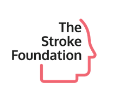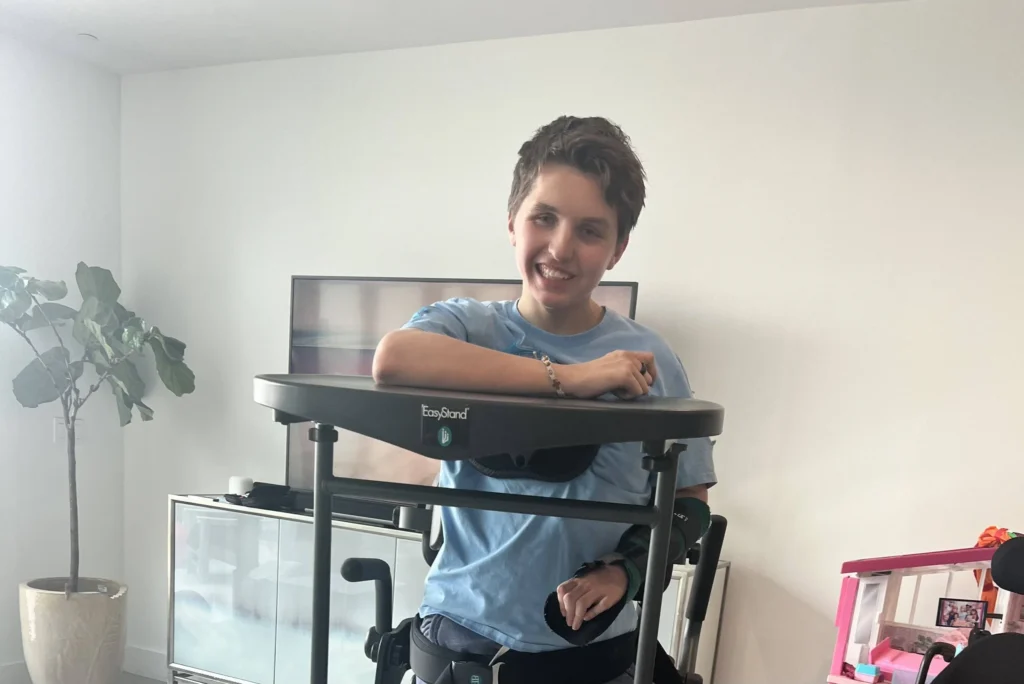Changes in behavior after a stroke are common, expected and treatable. Stroke survivors will usually experience changes in mood, depression, frustration, and anxiety, among others. Having a stroke is traumatic and our bodies and minds react to that trauma. Stroke survivors and caregivers alike should be aware of these behavior changes and seek support from medical professionals, psychologists or therapists when needed.
Mental wellbeing is essential to a steady and progressive recovery. Seeking the support of medical professionals if needed is very important, and if you or a loved one is experiencing any behavior changes we recommend you reach out to your doctor for guidance.
Depression and grief
One of the most common challenges affecting stroke survivors is experiencing depression and grief. The traumatic event of surviving a stroke takes a toll on our mental wellbeing and survivors often experience depression, sometimes lasting years after the stroke. Depression is manageable and treatable, so we encourage survivors and caregivers alike to be aware of the signs of depression and seek support when appropriate. The signs of depression are:
- Loss of appetite or overeating
- Retracting oneself from social situations or enjoyable activities
- Sleeping more than usual, or insomnia
- Loss of interest or carelessness
- Anxiety or excessive stress
- Persistent sadness or feelings of worthlessness
Depression is manageable and treatable. If you or a loved one are experiencing signs of depression, reach out to your doctor or Mental Health America for support and guidance.
Experiencing grief can also be common for stroke survivors. A stroke is life-changing, and sometimes it can feel as if you’re a different person after a stroke. It’s important to allow yourself time to grieve and process these changes in your life, be honest with your feelings and acknowledge that it’s OK to feel like you’ve lost something.
Frustration and irritability
Losing your ability to speak, eat, write, walk, or do anything by yourself, can be incredibly frustrating. The road to recovery is long and tedious, and it’s common for stroke survivors to experience frustration and irritability during this time.
The best way to manage the frustrating road to recovery is to set small, achievable goals that help motivate you to keep going. These are some of our tips:
- No matter what your recovery looks like, set small weekly goals for yourself. Write them out on a piece of paper and check them off once you’ve achieved them. At the end of the month, you’ll see how much progress you’ve made.
- Talk it out — frustration gets worse if we keep it inside. Whether it’s a friend or family member, a doctor or a neighbor, sometimes simply saying “It’s frustrating when ____” can help alleviate those feelings.
- Reach out to other stroke survivors in local community groups or online forums like Facebook Groups. Maybe they’ve been through it and have some useful tips, or maybe they’re feeling what you’re feeling and also need to let it out and feel understood.
Anxiety
It is normal to be stressed after a stroke. Financial issues, family dynamics, and your recovery are all valid and important things to worry about. But letting these worries affect you too much can negatively impact your mental wellbeing and your recovery. Anxiety can lead to depression, which is why it’s important to keep an eye on your worries and seek support to help you manage them.
Some of our tips to manage anxiety and stress are:
- Put your worries on paper. Your brain is doing a lot of work to help you recover, and having to constantly think about worries takes a lot of energy. Writing down what’s bothering or worrying you can take some of the stress out and help you be more productive during the day.
- Start your day off with a positive thought. Does your coffee taste great today, or did you have a good nights’ sleep? That’s good! Starting the day with a positive will help you be in a positive mindset to take on the day’s challenges.
- Seek support from your village. Friends, family, neighbors, coworkers, and even the grocery store clerk — they are all willing to help; just let them know how. Whether you need someone to pick up a few things at the store, or you need a neighbor to drive you to a doctor’s appointment, it’s OK to ask for help.
Changes in mood or behavior are expected, manageable and treatable. Surviving a stroke isn’t easy and the road to recovery may get difficult — but there are people, resources and tools to help you and your caregivers have the best possible chance of recovery.





